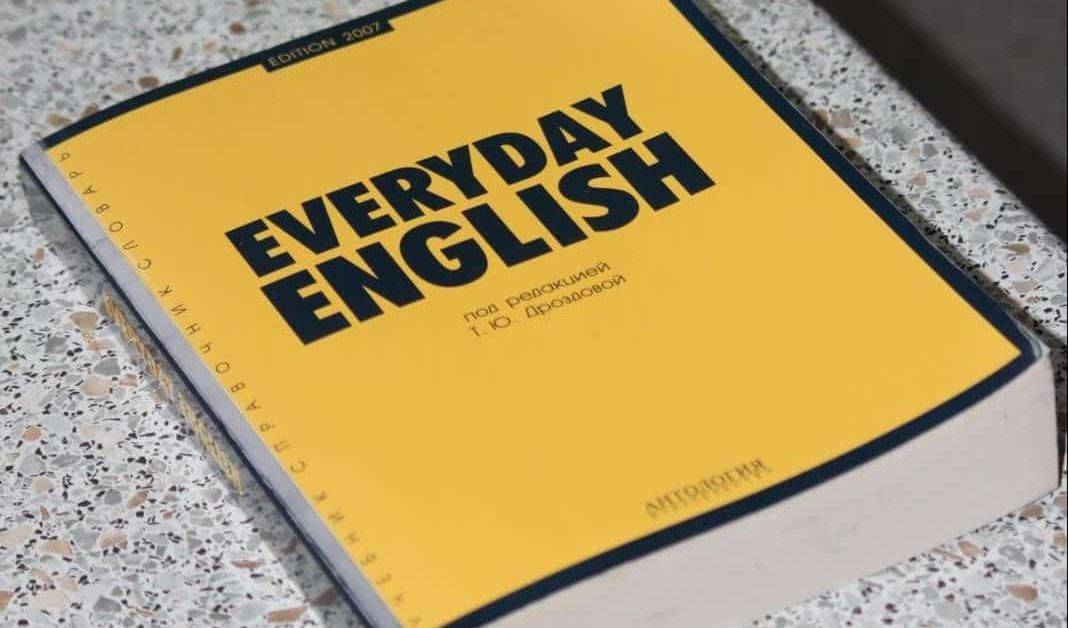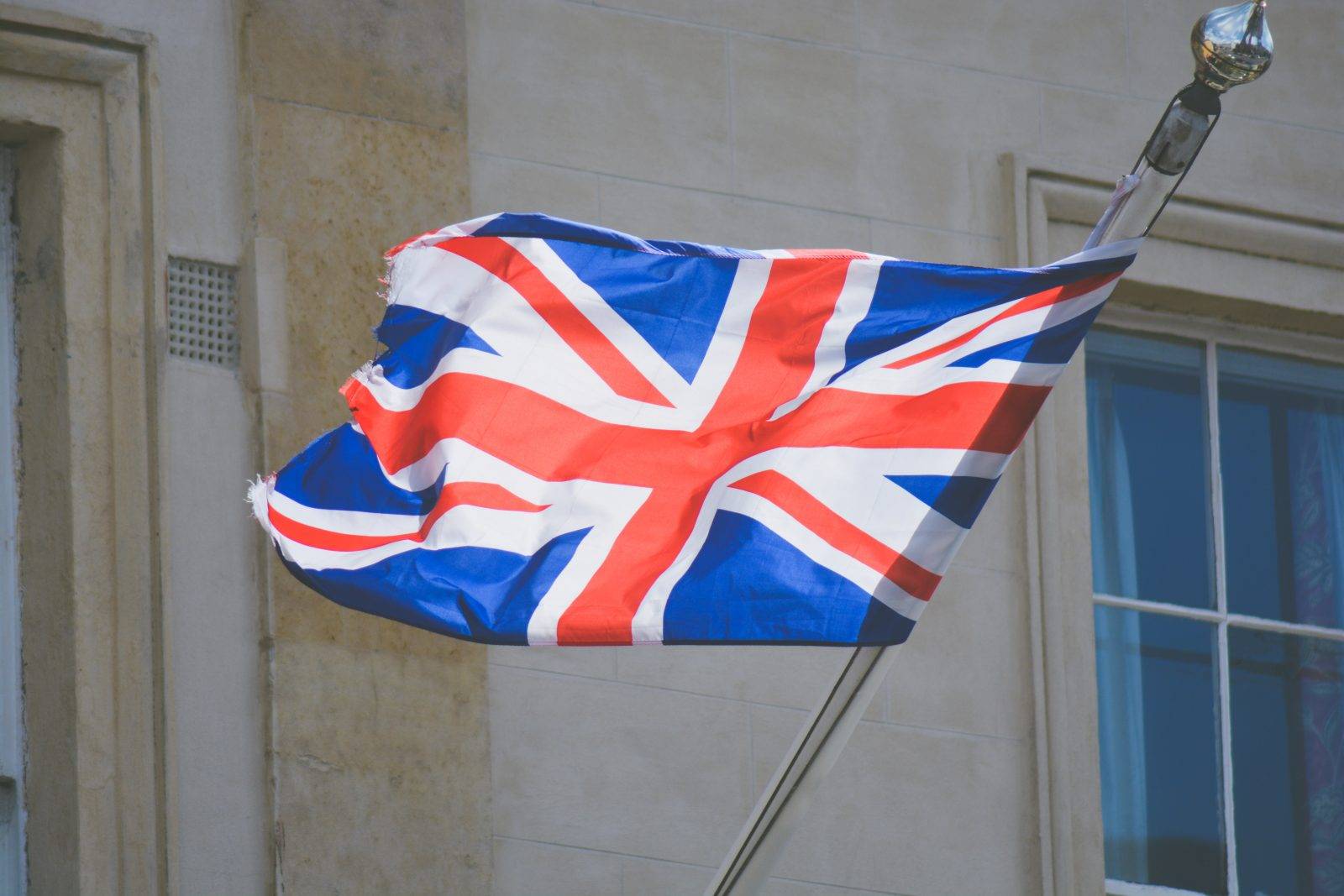Perfective And Progressive Aspects II.

Perfective And Progressive Aspects II.
Progressive aspect:
Indicates a happening in progress at a given time. . sings well and singing well.
In PAST cases:
- Simple past: we see the event as a whole. In past progressive: we see it as an activity in progress. The meaning of the progressive : the happening has duration(distinctive for single events), the happening has limited duration(distinctive for states and habits), the happening is not necessarily complete(distinctive on the case of certain dynamic verb meanings. The first two suggests that the action is temporary. The progressive makes us see the event enduring over a period, rather than as happening all at once. Joan is singing well (shrinks the duration) Joan was singing well(lengthens the duration of the event) . I was reading a novel yesterday(no complition).
State, event, and habit with the progressive
State progressive: In many cases progressive is unacceptable with stative verbs. We own a house and not we are owning a house. And where it occurs it is felt to imply temporarynes: We are living in the country.
Event progressive: conveys the idea that the event has duration, and has not yet come to an end. Blows his whistle and Blowing his whistle. The first is a brief blast and the second is a continous blowing. The Present prog. is a more common way of referring to a present event.
Habitual progressive: habitual meaning and implies that the repetition takes place over a limited period. The professor is typing his own letters while his secretary is ill. Sometimes it combines with habitual meaning to suggest that every event in the sequence has duration. Whenever I see her she is working in the garden.
Situation types: Qualities: relatively permanent and inalienable (be tall). States are less permanent: (be angry) These statives and qualities do not occur in progressive. If yes than they contain a dynamic predication. Peter is being awkward. The progressive has a special effect sometimes. They are friendly and They are being friendly. In the second case it is a form of behaviour.
Private states
Intellectual states: know,believe,think,wonder,suppose. I understand that the offer….. States of emmotion: intend,wish,want,like. She likes to entertain the.. These can occur in progressive when the temporariness is emphasized. What were you wanting. I was hoping you would..
States of perception: see,hear,feel.
States of bodily sensation: hurt, ache. My back aches or aching (interchangeable.
Verbs of perception: Perceiver at Subject position: I can see the house. Percept at subject pos: The house looks empty. Usage of can, could to express the state of perception. Simple pr. without modal would make the event seen as a whole. I heard the bell ring but I could hear the bells ringing. is a perception continuing over a period. In present it would be unusual. Instead of seeing and hearing we use looking at and listening to. But in certain circumstances for inst. hearing could occur: Commentator in Sky center: John ! We are not hearing you!
Other states of being and having: They are the main stative verbs and can paraphrase other stative verbs. We agree with you and We are in agreement with you. There are other stative verbs which can be paraphrased in the same way. They are also called verbs of being and having. holds=has a capacity of or doesn’t matter=is not important.
Type C: stance: Class of verbs such as live,stand,sit and lie. They are particular because they can be used with the nonprogressive to express a permanent state or with the progressive to express a temporary state. James lives in…(perm.) James is living in…(temp.) Similar with the perfective: I have sat here…and I have been sitting here…
Dynamic types D-K: There are 8 types according to three binary opposition.
- Durative/punctual: happening capable of duration.
- Conclusive/non-conclusive contrast: result in state or not in conclusive.
- Agentive/non-agentive:When the subject refers to an agent. DO can substitute for an agentive situation type.
Durative situation types:
- D. goings-on. These are activities carried out by inanimate forces. It is raining.
- E. activities. Expressed by intransitive verbs with animate subjects: Jill was singing/working.
- F. processes:Denote a change of state taking place over a period. The weather is getting warmer.
- G. accomplishments: denote an action which takes place over a period and has a goal or endpoint. Jill is knitting herself a sweater.
Punctual situation types:
H and I. momentary events and acts: H is nonagentive. Nod, fire, jump.
J and K. transitional events and acts: They have little or no duration and involve a consequent change of state. The train is arriving at platform four.

